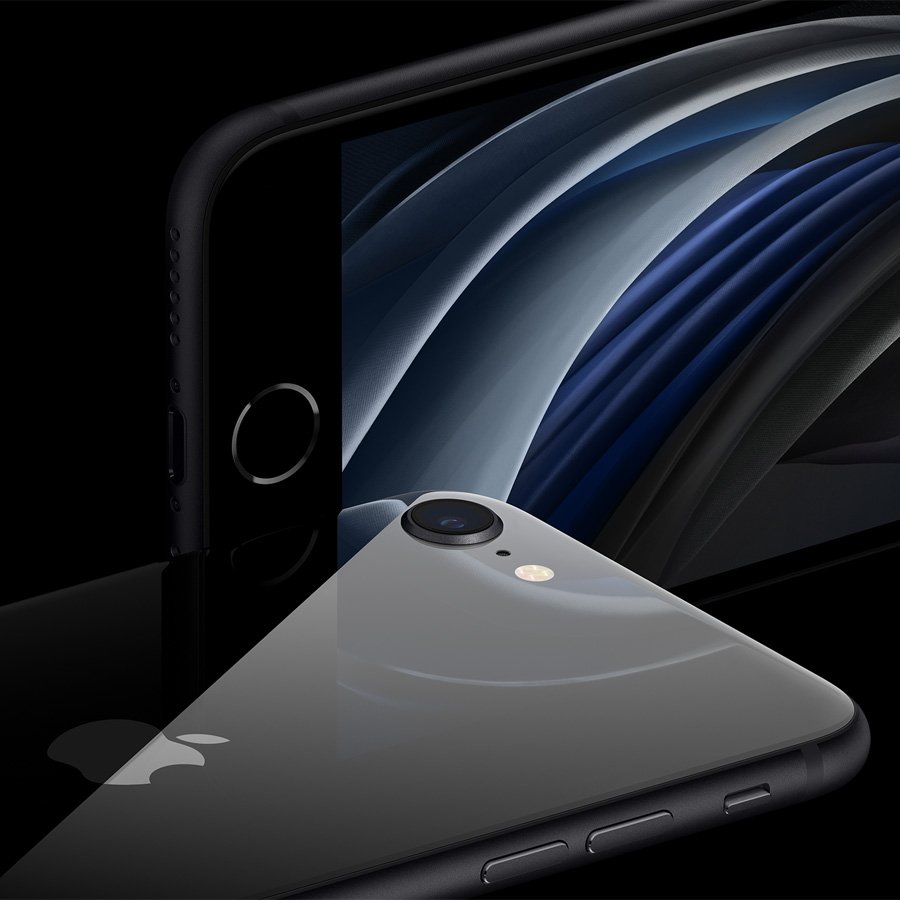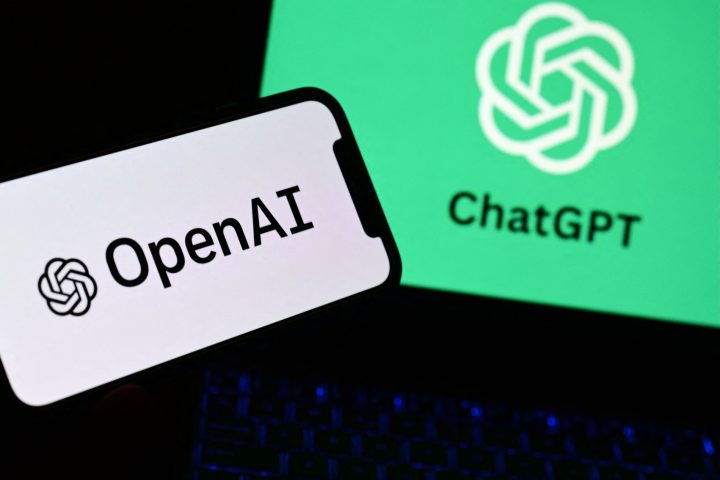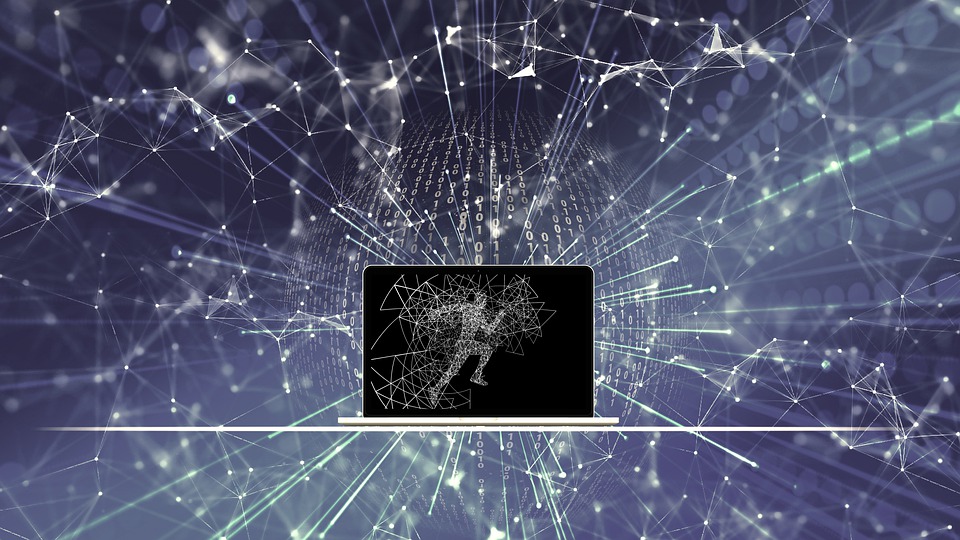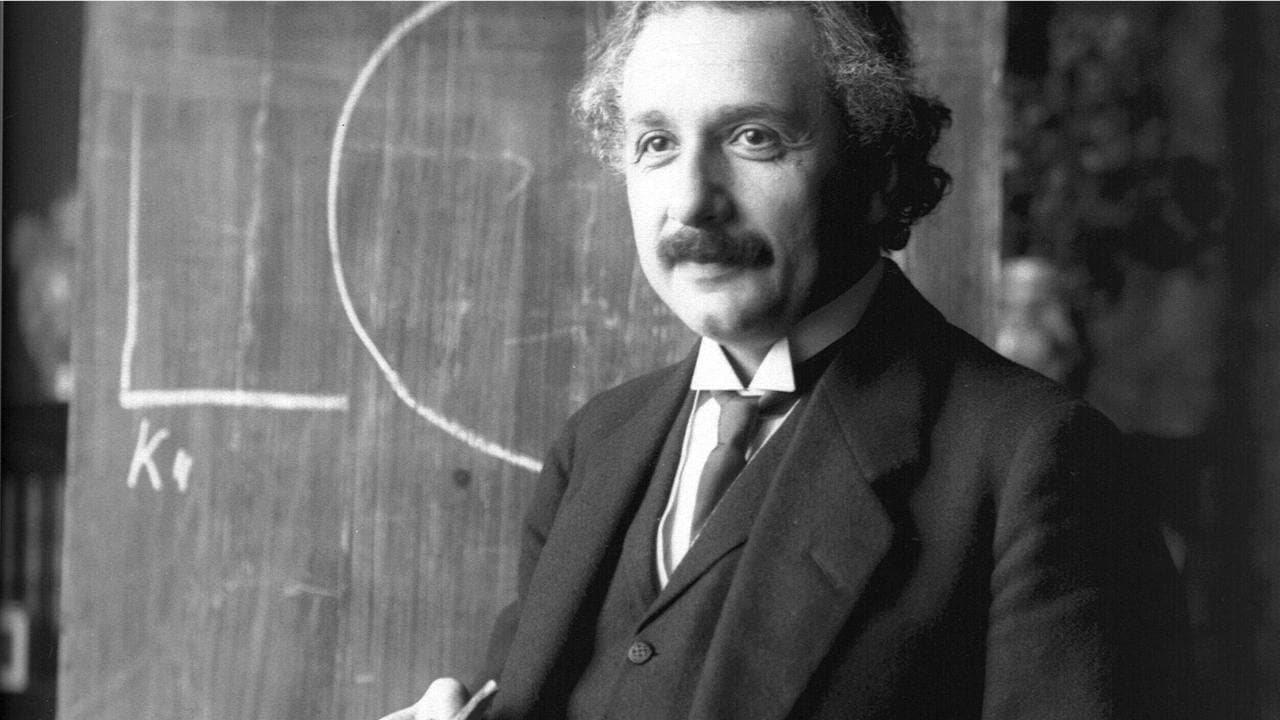You can find formula after formula in any physics textbook explaining how things wobble, fly, swerve, and halt. The formulas explain actions that we can see, but each one may have a number of less evident components at play.
Recently, a new AI program created by Columbia University researchers appears to have found its own unique alternative physics.
The AI developed new variables to explain what it saw rather than rediscovering the ones we currently use after being shown films of Earthly physical processes.
To be clear, this does not imply that our existing theories of physics are incorrect or that a more accurate model exists to account for our surroundings. (Einstein’s laws have shown to be remarkably durable.) However, those rules were only able to exist because they were based on a preexisting “language” of theories and concepts that had been developed through centuries of history.
Would we continue frame the mechanisms that explain our Universe in the same manner if we were given an alternate timeline where other minds approached the same challenges with a little different perspective?
These rules have consistently held true despite advances in technology used to image black holes and find weird, faraway planets (side note: quantum mechanics is a whole other topic; for now, let’s stick to the visible world).
This new AI is in no way qualified to develop new theories to explain the universe or attempt to surpass Einstein because it has just studied films of a small number of physical processes. This was not the intention.
Roboticist Hod Lipson from Columbia University’s Creative Machines Lab asks, “I often wondered, if we ever encountered an intelligent alien society, would they have discovered the same physics rules as we have, or might they characterize the Universe in a different way?”
“Every time the AI restarted in the studies, the total number of variables remained constant, but the individual variables changed. There are other ways to represent the universe, thus it is true that our choices may not be ideal.”
The researchers also wanted to investigate if AI might genuinely discover new variables, which would help us explain complicated new phenomena that are currently developing in our current flood of data but for which we currently lack the theoretical understanding.
For instance, fresh evidence from massive experiments like the Large Hadron Collider that suggest the existence of novel physics
Because we lack the variables, what other rules are we missing, asks mathematician Qiang Du of Columbia University?
The study was released in the journal Nature Computational Science.





